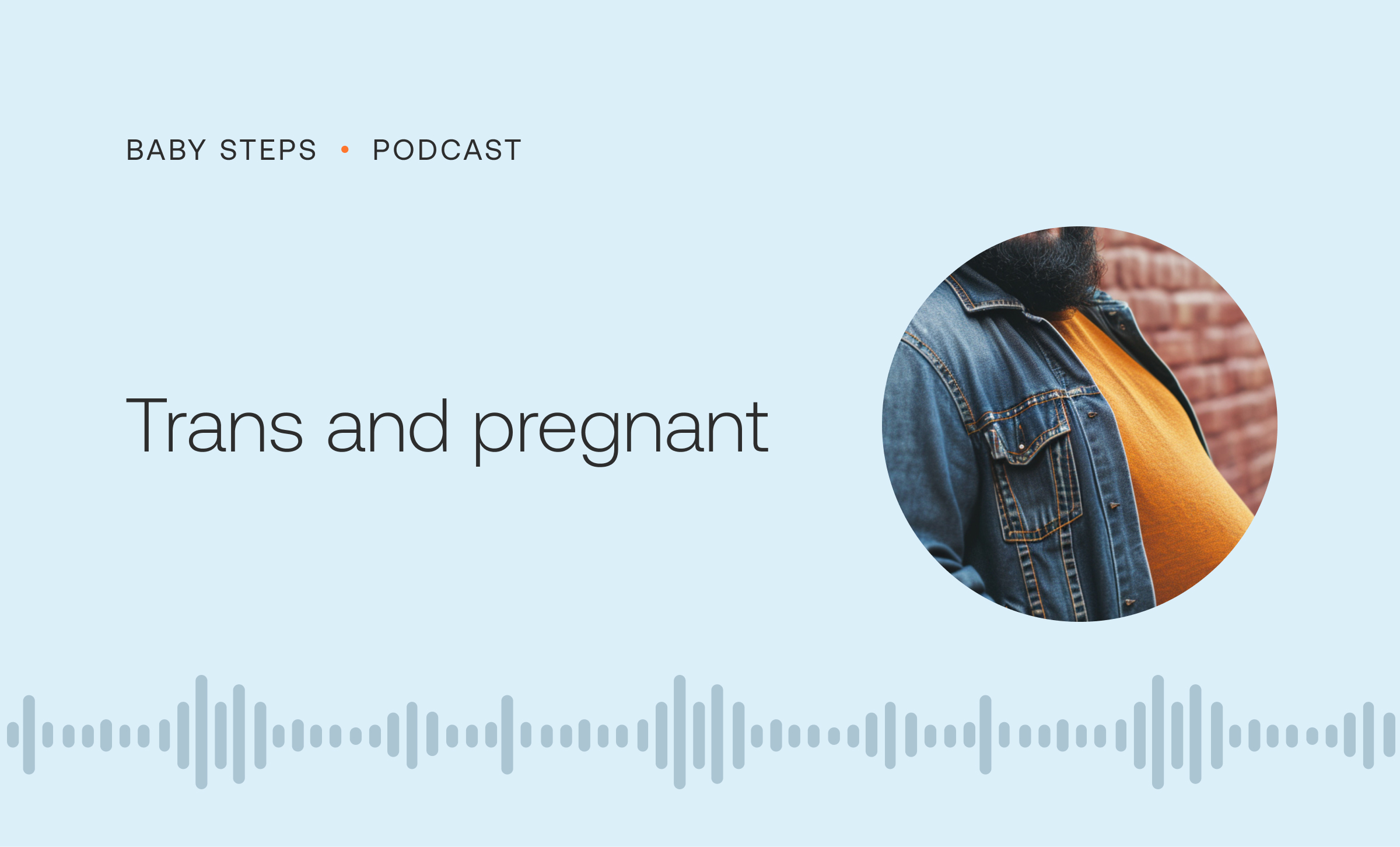As of 2019, 63% of LGBTQ+ people ages 18-35 were thinking about having their first child or more children. Despite how common the desire to build a family is, LGBTQ+ individuals face major challenges trying to realize that goal. Significant barriers include lack of insurance coverage for LGBTQ+ family-forming options, as well as discrimination in healthcare and adoption. All of these stressors can have a significant impact on mental health, too.
What are your LGBTQ+ employees going through as they navigate fertility and family forming? How can you support their family-forming goals as well as their mental health as they pursue them? Keep reading for important context, our recommendations, and a chance to learn more about how Carrot can help.
Mental health, fertility, and emotional support during LGBTQ+ family building
All paths to parenthood have the potential to cause stress. Trying to get pregnant without treatment, undergoing in vitro fertilization (IVF) or donor-assisted reproduction, using a gestational carrier, and adopting or fostering children can all produce anxiety — whether the reasons are emotional, financial, or logistical.
One 2018 survey found that 40% of the participants, all of whom were planning to do fertility treatment in the following year, felt stressed about costs. People and couples undergoing IVF may also experience higher rates of depressive symptoms. Additionally, if an individual or couple gets disappointing news about their plans to adopt or use a gestational carrier, that can also be extremely difficult.
The financial piece can be even more stressful in LGBTQ+ family building. Different-sex couples need to have been trying to get pregnant for 6-12 months, depending on age, before IVF or other treatments are covered by insurance — that is, if insurance even covers treatment. Many LGBTQ+ couples are completely left out of that definition of “infertility,” meaning they likely have to pay out of pocket.
Beyond fertility and family building, mental health issues are more common in the LGBTQ+ community compared to non-LGBTQ+ people. Lack of family acceptance and discrimination can both lead to mental health challenges in the LGBTQ+ community.
Healthcare discrimination in the LGBTQ+ community
LGBTQ+ couples and individuals may face financial barriers to accessing fertility care and discrimination from providers. For example:
- In a 2020 survey conducted by the Center for American Progress, almost one-third of LGBTQ+ respondents reported having trouble accessing necessary healthcare because of costs.
- 15% of LGBTQ+ respondents reported putting off or altogether avoiding medical treatment because of discrimination. 15% of Black LGBTQ+ respondents reported negative and/or discriminatory treatment from a provider in the past year.
- 14% said they had to educate their provider to get the care they needed.
Adoption is another popular family-building option for LGBTQ+ couples, opposite-sex couples experiencing infertility, and single parents by choice. 21% of same-sex couples have adopted a child compared to 3% of opposite-sex couples — but in 17 states and four territories, there’s no legal protection against adoption discrimination based on sexuality or gender.
Experienced discrimination and poor mental health outcomes go hand in hand. According to the survey mentioned above, about half of LGBTQ+ respondents reported that discrimination had a moderate or significant impact on their psychological well-being. 95% of Black and 88% of white LGBTQ+ respondents reported some degree of negative psychological impact.
Healthcare discrimination among transgender individuals
Healthcare discrimination is even more common among transgender people in the U.S. The survey we mentioned in the last section highlighted significant disparities among their trans respondents:
- 33% reported having to teach their provider about being trans to get the right care.
- 32% reported being intentionally misgendered or deadnamed.
- 25% reported providers refusing to give transition-related treatment.
- 20% reported providers being physically rough or abusive.
- 18% reported providers refusing to see them.
The discrimination communicated by transgender respondents of color raised these percentages even higher:
- Nearly half reported their providers were visibly uncomfortable with their gender.
- 46% reported intentional misgendering.
- 38% reported providers being rough or abusive.
- 34% reported providers refusing to give transition-related treatment.
- 29% reported providers using harsh or abusive language.
- 28% reported providers refusing to see them.
Aside from the rampant discrimination, the majority of providers aren’t comfortable treating patients with gender-specific care. This could mean trans patients aren’t getting the information they need to build families, among many other discrepancies in patient care and education.
Discrimination in the transgender community, like in the LGBTQ+ community more broadly, has a direct impact on mental health. 52% of the LGBTQ+ respondents to the survey cited above reported a moderately or significantly negative effect on their psychological well-being in the prior year. Discrimination inside and outside healthcare contributes to the almost four-fold increased rates of mental health conditions among transgender individuals compared to cisgender individuals.
How you can support your LGBTQ+ employees as they build their families
As a benefits provider, we know that important aspects of any employer’s benefits today are inclusivity and a focus on mental health. For LGBTQ+ employees, in particular, this includes LGBTQ+-friendly fertility benefits that integrate emotional support.
Carrot provides members with access to unlimited chats with emotional support experts. Members can also lean on care navigators to help them find the right mental healthcare for them. Carrot Experts can walk members through finding LGBTQ+-friendly clinics and agencies from our network so no one has to encounter discriminatory or otherwise non-supportive providers and agencies.
By bringing LGBTQ+-friendly fertility care and emotional support together in one set of benefits, your employees will have fewer barriers to getting the family-forming assistance they need.













